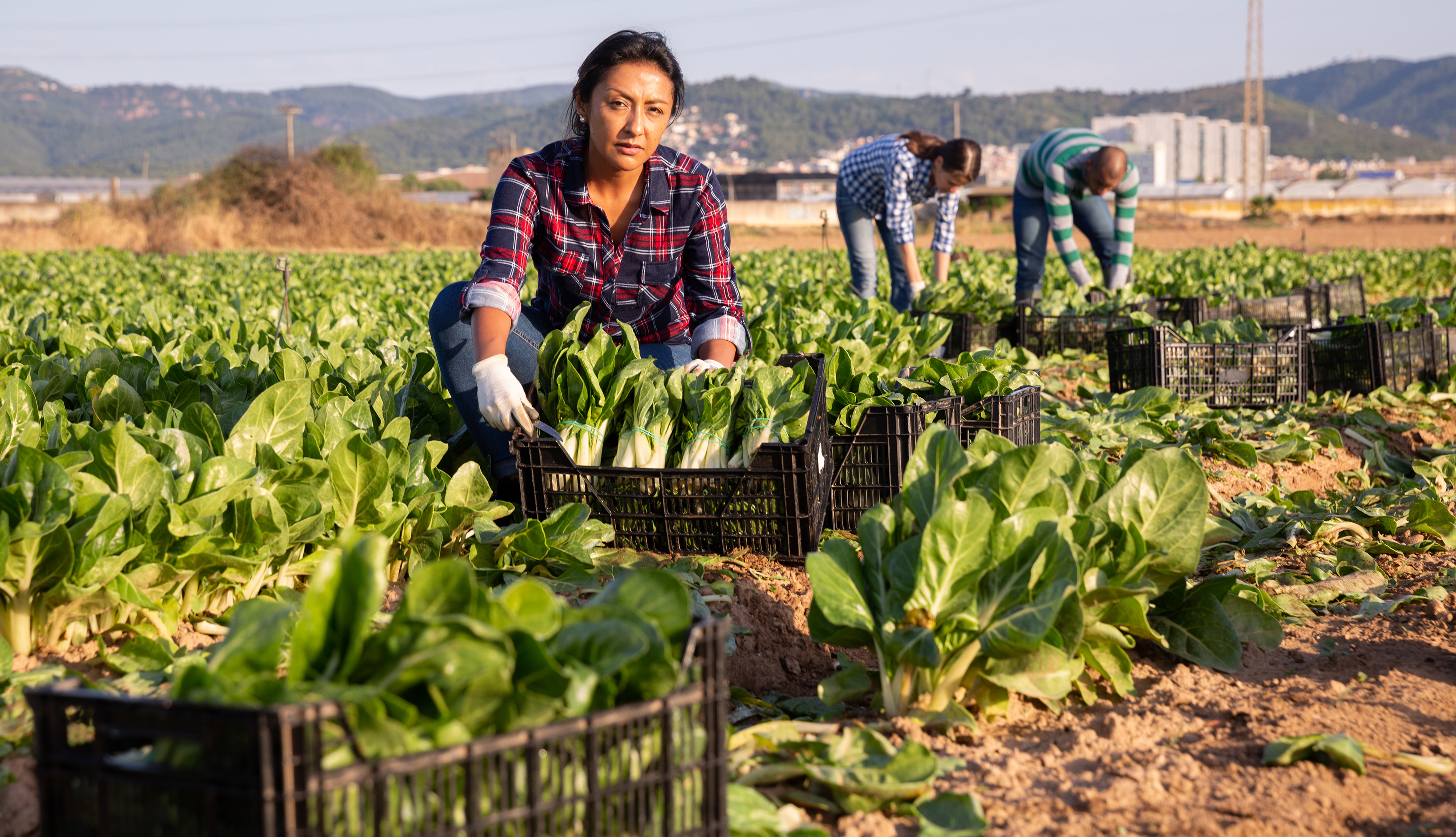
A government-sponsored report has examined whether empowering female workers in supply chains could mitigate some of the effects of climate change.
The FCO-backed report examines the relationship between gender and climate change in three sectors that rely significantly on women’s labour.
An additional desk-based study was undertaken with Waitrose to assess the potential impacts of decarbonisation on female workers in the Kenyan horticulture sector.
The Kenyan study found that more women farmers are employed in agriculture than in other parts of the supply chain such as transport and processing.
Decarbonisation
Accelerating the uptake of climate-smart agriculture by women farmers therefore offers a clear path to decarbonisation in the short-term.
Research also looked at a three-year training programme, the Primark Sustainable Cotton Programme in India, covering sustainable farming techniques from seed selection, sowing, soil, water, pesticide and pest management.
It resulted in female farmers using 40% less fertiliser and 44% less pesticide, as well as 10% less water, when compared to a group of control farmers. They also experienced a 200% increase in profit from the cotton on top of that achieved by the control farmers.
Female workforce
The agricultural sector accounts for one-third of the anthropogenic greenhouse gas emissions driving climate change and therefore has a big role to play in tackling the climate crisis.
The report proposes a number of potential opportunities that exist to support women’s economic empowerment while simultaneously building more climate resilient and decarbonised agricultural supply chains.
Amanda Blanc, CEO of the Aviva Group, said: “We can’t solve the climate crisis without involving women. And we won’t create equality for women unless we address the climate crisis. With so much at stake, it is negligent beyond belief to ignore the impact on half the world’s population and the contribution women can make.”
Lisa Manley, vice president, sustainability, Mars, said the company had a long-standing commitment to support climate action and gender equality.
“As we progress our Net-Zero Commitment and our Cocoa for Generations plan, it is becoming clear that the two issues are inextricably linked. Women are central to climate mitigation and resilience – and they’re disproportionally impacted by the risks of climate change,” she added.


